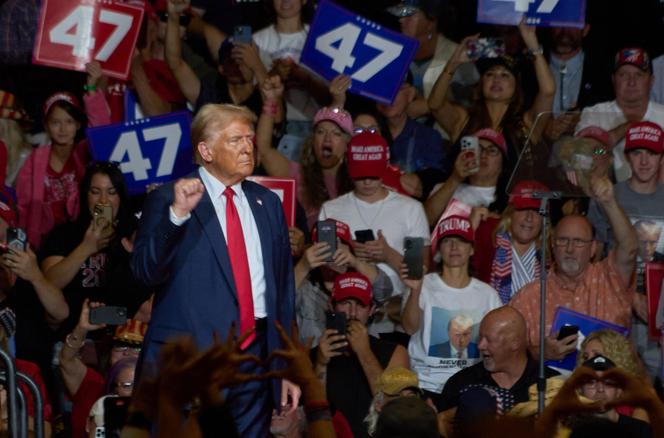


Mario Loyola, who served on the White House Health and Environment Council during Donald Trump's presidency, said "The U.S. should definitely come up with a strategy to replace the leadership at the IEA [International Energy Agency]" if Trump wins the election. His position is clear-cut.
In the run-up to the November 5 presidential election, this senior research fellow at The Heritage Foundation, a conservative think-tank, echoes a growing sentiment in the Republican camp that the IEA – the benchmark organization created in the wake of the 1973 oil crisis – has betrayed its mission and is threatening global energy security. They attribute this to the influence of its leader, Turkish economist Fatih Birol, who they argue is more focused on aligning with climate activists than doing his job.
In recent years, the IEA, which is part of the Organization for Economic Co-operation and Development (OECD), has made a clear and widely praised shift toward becoming a key player in the fight against climate change. Since 2021, Birol has repeated that there was no need to invest in new oil and gas fields, that fossil fuel producers "must choose between contributing to a deepening climate crisis or becoming part of the solution," and – ironically – that the world is on track to peak demand for coal, gas and oil.
In the United States, the world's leading oil and gas producer, this new direction has elicited strong reactions from some business leaders and politicians alike. "There is a fringe within the Republican movement that is very hostile to the energy transition, which is becoming active in Congress and in Mr. Trump's entourage, and which could become an influential movement," said Marc-Antoine Eyl-Mazzega, the director of the French Institute of International Relations' Energy and Climate Center.
In March, Republicans John Barrasso and Cathy McMorris Rodgers, members of the Senate and House Committees on Energy, respectively, expressed their criticism in a lengthy letter penned to Birol. The two lawmakers condemned the "excessive focus on an 'energy transition'" and "biased" and "one-sided" reports. They also took offense that US Deputy Energy Secretary David Turk, an IEA alumnus, defended the need to pause the approval of new liquefied natural gas (LNG) export projects based on the agency's research.
"This LNG pause has particularly upset Republicans," confirmed Anne-Sophie Corbeau, a researcher at Columbia University's Center on Global Energy Policy. "They see it as preventing them from launching projects and creating jobs."
You have 37.87% of this article left to read. The rest is for subscribers only.
